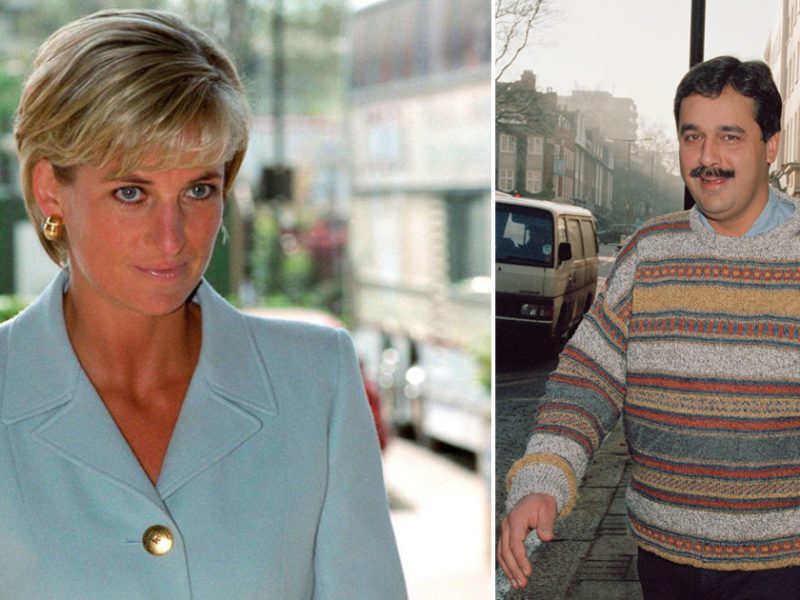In China’s rapidly developing landscape, a peculiar sight has captured public attention: a solitary two-story home standing stubbornly in the middle of a busy highway. This is the story of Ye Yushou, a tofu seller who became famous for refusing to sell his property during a major road construction project.
When the government offered Ye $220,000 and two new homes to move out for the G206 highway, he said no. He asked for about $275,000 and three homes because he believed his land was worth more. But instead of giving him what he wanted, the engineers just built the road around his house. Now, Ye’s home stands alone in the middle of the highway, with cars and trucks rushing by all day and night.
Locals call it “The Eye of Jinxi,” a poetic name for what has become a tourist attraction. But for Ye, the reality is far less romantic. The constant noise, dust, and vibrations have made life unbearable. During China’s busy Spring Festival travel period, he finally admitted regret over his decision. Meanwhile, neighbors who accepted the original deal have moved on with their lives—one even became a millionaire from the compensation.
Online reactions are mixed. Some praise Ye’s determination, while others see it as a lesson in overestimating one’s bargaining power. Whatever the perspective, his home now stands as a permanent monument to the complex relationship between individual rights and urban development in modern China.


